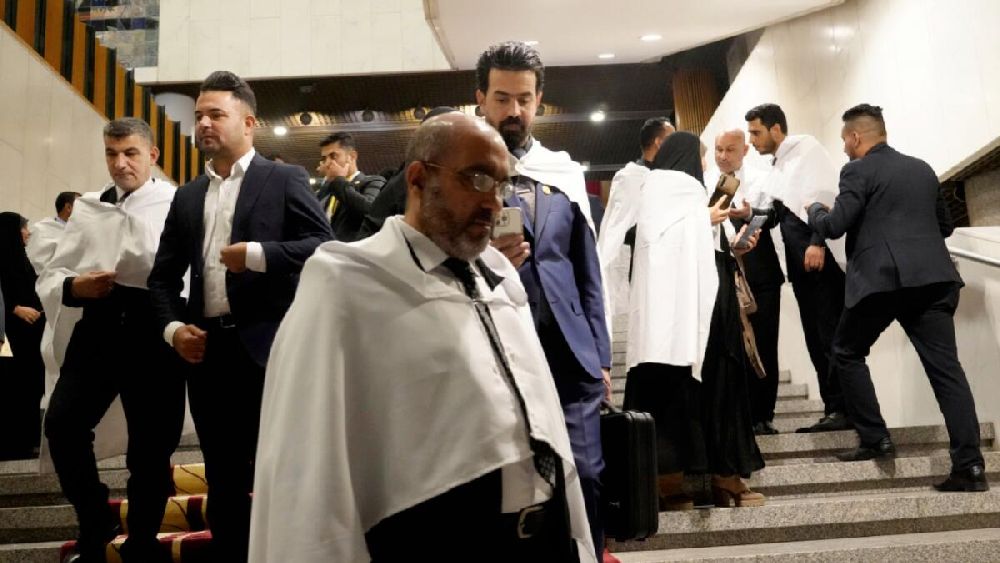
.
Iraqi lawmakers failed again on Saturday to elect a new president for the country due to a lack of quorum in parliament, keeping the country mired in political paralysis.
Parliament had issued a final list of 40 candidates for the post, a largely ceremonial role that by convention is reserved for a member of Iraq’s Kurdish minority.
The contest pits Barham Saleh, the incumbent and member of the Patriotic Union of Kurdistan, against Rebar Ahmed of the Kurdistan Democratic Party (KDP), the PUK’s rival.
But a lack of a quorum — set at two-thirds of the house’s 329 members — held up the vote for the second time since February, deepening war-scarred Iraq’s political uncertainty.
Only 202 lawmakers showed up for the latest vote, a parliamentary official told AFP on condition of anonymity, and a new session had to be scheduled for Wednesday.
The postponement exacerbates Iraq’s political problems because it is the task of the president to formally name a prime minister, who must be backed by an absolute majority in parliament.
Iraqi politics were thrown into turmoil following last October’s general election, which was marred by record-low turnout, post-vote threats and violence, and a months-long delay until the final results were confirmed.
Intense negotiations among political groups have since failed to form a majority parliamentary coalition to agree on a new prime minister to succeed Mustafa al-Kadhemi.
The largest political bloc, led by firebrand cleric Moqtada Sadr, had backed Zebari for the presidency and has now thrown its weight behind Ahmed.
A first vote in parliament on February 7 failed to materialise as it was widely boycotted amid the Zebari legal wrangle.
Saturday’s failed session underscored the sharp divide in Iraqi politics between Sadr, the general election’s big winner, and the powerful Coordination Framework, which had called for a boycott.
The Coordination Framework includes the Fatah Alliance — the political arm of the former paramilitary group Hashed al-Shaabi.
Ahead of Saturday’s debacle, political analyst Ihsan al-Shammari had said that, even if the vote had gone ahead as planned, the presidency would “not be decided from the first round”.
The candidate who wins the largest number of votes must secure a two-thirds majority in the second round of votes in parliament to win the presidency.
